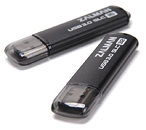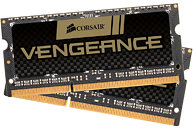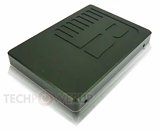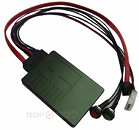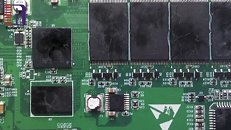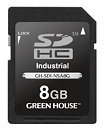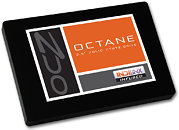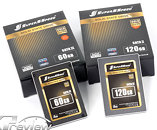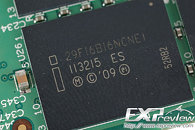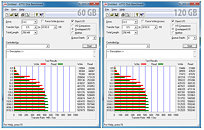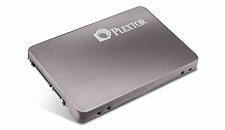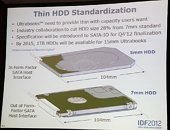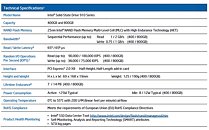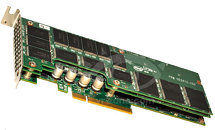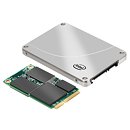Hynix' Own-Branded SH910 SSD Detailed
Korean memory giant SK Hynix is launching its own branded consumer and enterprise SSD lines, à la Samsung (the other Korean memory giant). It is starting off with high-performance consumer SSDs targeting Ultrabooks, built in the 2.5-inch 7 mm-thick SATA form-factor. The SH910 series SSDs combine Hynix' homegrown H27QDG8VEBIR-BCB MLC NAND flash chips built in the 25 nm fab process, with LSI-SandForce SF-2281 processor.
The drive will be initially available in two capacities, 128 GB and 256 GB (higher than usual capacities thanks to adjusted overprovisioning). Both drives offer sequential transfer speeds of up to 520 MB/s reads with 500 MB/s writes; up to 60,000 IOPS 4K random seek, 35,000 IOPS random write; and feature-set that includes 128-bit AES encryption, TRIM, NCQ, and SMART. A performance review can be found at the source.
The drive will be initially available in two capacities, 128 GB and 256 GB (higher than usual capacities thanks to adjusted overprovisioning). Both drives offer sequential transfer speeds of up to 520 MB/s reads with 500 MB/s writes; up to 60,000 IOPS 4K random seek, 35,000 IOPS random write; and feature-set that includes 128-bit AES encryption, TRIM, NCQ, and SMART. A performance review can be found at the source.




















